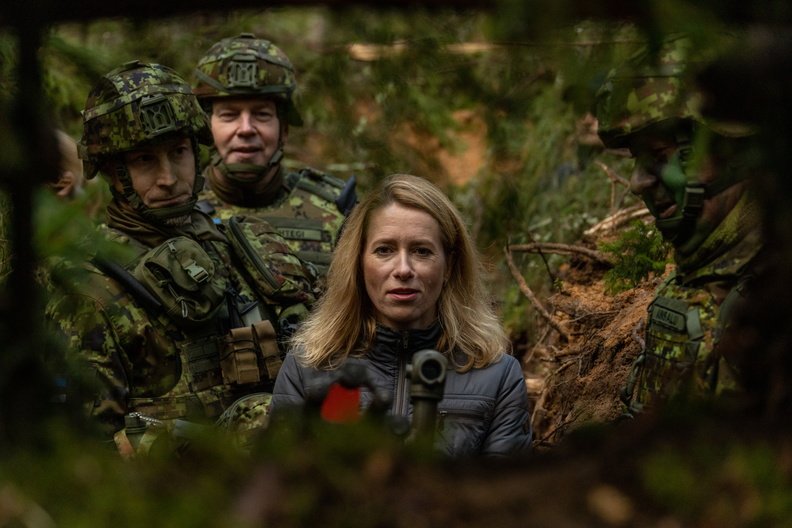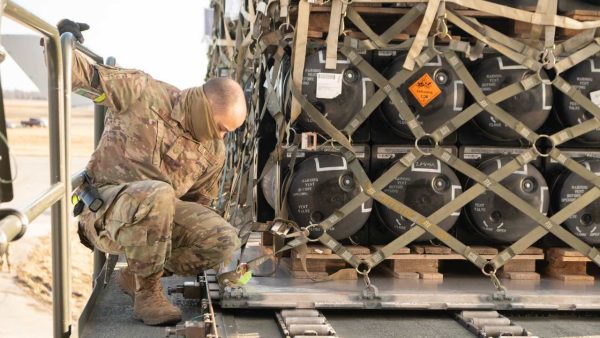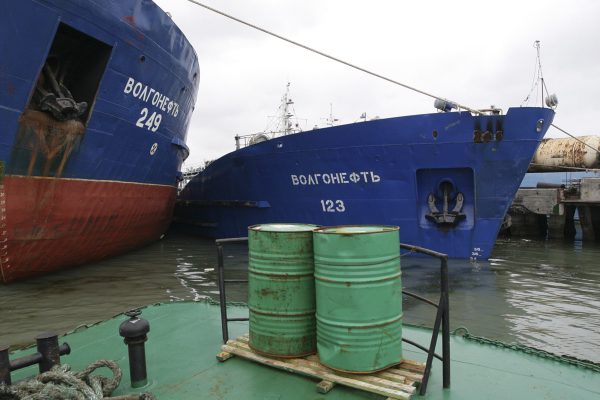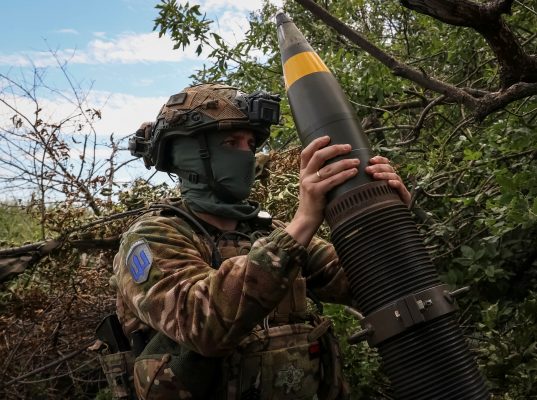“Wanted: seasoned politician to run the most successful military alliance in history. Apply in confidence to Boulevard Léopold III, B-1110 Haren, Brussels, Belgium. NATO is an equal opportunity employer, though some countries are more equal than others.”
The job ad may be fanciful (not least because the last clause is true). But the contest for NATO’s next secretary-general is underway. The front-runner is the outgoing Dutch prime minister, Mark Rutte (56). His main rival is his Estonian counterpart, Kaja Kallas (46). Also newly in contention is Krišjānis Kariņš of Latvia (58), a former head of government who is now his country’s foreign minister.
Three NATO secretaries-general have been British, three Dutch, two Belgian, and one each from Italy, Germany, Spain, Denmark and Norway. All have been men. All member states have had time since 2014 to raise their defense spending to the 2% mandated by the alliance’s summit that year in Cardiff. Back then, only three countries met that target. Even now, it is only seven out of 31. Estonia, now heading for 3%, and Latvia are among them. The Netherlands, at 1.58%, is not.
That should matter a lot. A secretary general who, in their previous job as prime minister, made the painful tax and spending decisions necessary to meet the alliance’s benchmark is in a strong position to ask other governments to do the same. Someone who prefers political popularity is not. A rule-keeper will also be in a much better position to deal with the US administration. The single biggest question for European security in the coming years is whether the US will continue to bear the cost and risk involved in its side of the transatlantic alliance. A politician who exemplifies the free-riding spirit of the past will struggle to impress decision-makers in Washington, DC, and the voters they answer to.
Even more important is the right record on Russia. Kallas is not just a forthright critic of the Putin regime. She comes from a country that has been warning the West about Russian imperialism for 30 years (check out the late president Lennart Meri’s speech in Hamburg in 1994). Rutte’s nickname is “Teflon”: scandals never stick to him. He is conventionally hawkish now, but in past years, he epitomized the mercantilist approach baked into Dutch foreign policy.
Kallas is not a Teflon candidate. She is more popular abroad than in Estonia, where her ratings have been hit by a scandal (witch-hunt, she says) about her husband’s business dealings with Russia. Nonetheless, on paper, she is the outstanding candidate for the job. It is hard to see any other candidate from the eastern half of Europe doing better, even male ones.
But behind the scenes, other criteria apply. Frans Timmermans, the former European Commission vice-president who has now returned to Dutch politics as the leader of a Labour/GreenLeft coalition, let this slip in a television interview, where he said that Estonia’s border with Russia was a “potential issue” for Kallas’s candidacy. Oddly, Norway’s border with Russia has not stopped Jens Stoltenberg from serving as secretary general since 2014. The truth is that decision-makers in the “old West” still mostly regard Europe’s “eastern” countries as not fully trustworthy.
Kallas knows what she is up against. “The new NATO leader should come from a newer member state, committing at least two percent of its budget to defense, and should ideally be a woman. So it’s logical it should be Mark Rutte,” she quipped. Her Dutch rival, of course, meets none of these criteria.
Estonians’ sense of humor is excellent, But some NATO countries are more equal than others, and that is no laughing matter.
Europe’s Edge is CEPA’s online journal covering critical topics on the foreign policy docket across Europe and North America. All opinions are those of the author and do not necessarily represent the position or views of the institutions they represent or the Center for European Policy Analysis.





